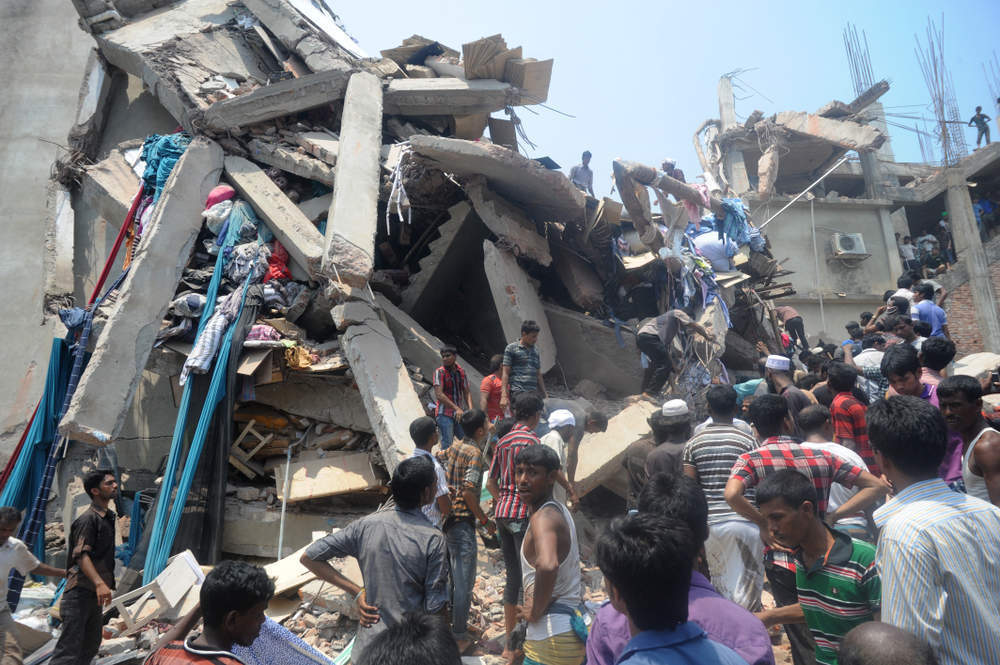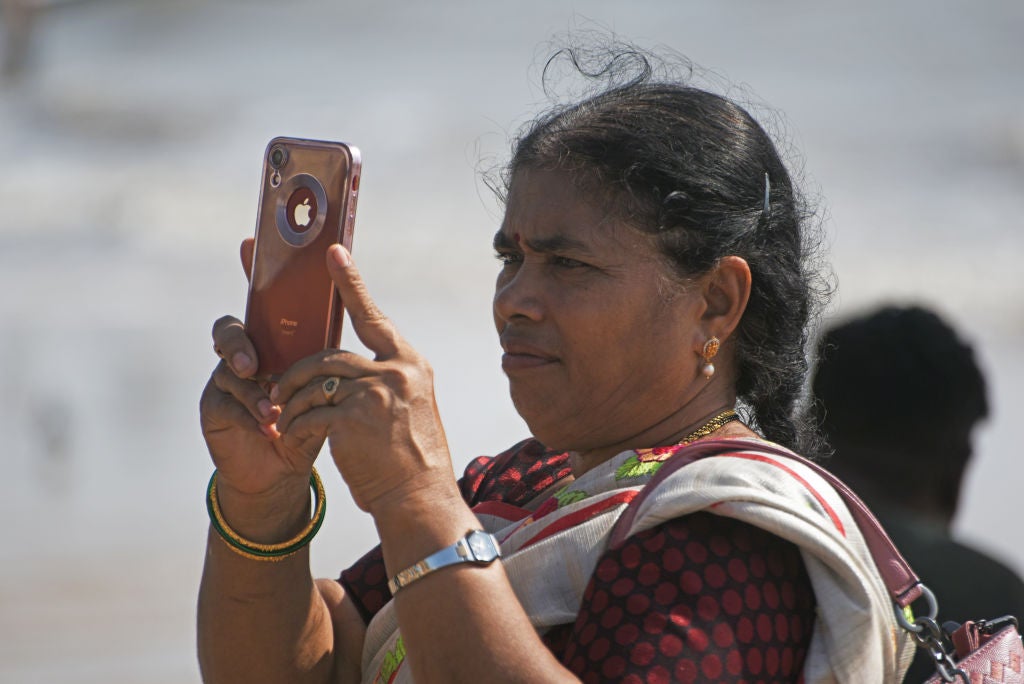It’s been five years since the five-storey Rana Plaza building collapsed in Bangladesh killing more than 1,000 and injuring over 2,000 clothing factory workers, but fast fashion retailers haven’t changed.
The incident put the spotlight on the unethical and unsafe working conditions of factory workers and at the time brought about calls for an overhaul in supply chains of major fashion retailers.
Brands such as Walmart, Primark, Benetton, and Mango all supplied clothing from Rana Plaza.
However, five years later, little practical change has been implemented to safeguard another Rana Plaza disaster.
The difference now is that with more of a nod towards ethical sourcing, consumers are generally appeased, wrongly assuming that clothing is produced fairly.
However, the conditions which caused the Rana Plaza disaster are still prevalent. While there has been an increased focus by fashion brands on building safety, this has been narrow and fails to monitor other issues that impact the health and safety of workers.
How well do you really know your competitors?
Access the most comprehensive Company Profiles on the market, powered by GlobalData. Save hours of research. Gain competitive edge.

Thank you!
Your download email will arrive shortly
Not ready to buy yet? Download a free sample
We are confident about the unique quality of our Company Profiles. However, we want you to make the most beneficial decision for your business, so we offer a free sample that you can download by submitting the below form
By GlobalDataDespite the fact that some of the big brands have made some positive steps to create more ethical supply chains, this has not been enough. Workers still face abhorrent conditions in garment factories in many parts of the world.
For example, findings published in 2017 from a knitwear factory in Bangladesh found that workers were subject to dust and smoke inhalation, lack of ventilation, poor lighting, as well as exposure to electrical wires and chemicals.
What’s more, this is not going to change while cheap, fast fashion remains popular.
Attempts by fast fashion become more ethical have failed
Following the disaster, many brands have been playing an active role in addressing worker issues amongst its suppliers, whilst providing consumers with more information on its supply chain.
For example, Primark publishes a Global Sourcing Map on its website. H&M has also become more transparent in its sourcing, even achieving the highest grade of A+ for its Supplier Code of Conduct in the 2017 Ethical Fashion Report by Baptist World Aid.
Despite changes made by some of the high street brands, sweatshops still exist and the safety and rights of workers have been marginalized once more.
What’s tending to happen is that big brands are making a big noise about their supply chain transparency and ethical lines, for example H&M with its Conscious collection, while very small changes have actually occurred.
Greater awareness is needed
The issue of sweatshops and the poor conditions of workers in countries such as Bangladesh is not new. We as consumers have not been in the dark about it; numerous news articles and television programs have highlighted the plight of sweatshop workers in the fashion industry.
Rather it has been an issue that has not been staring us in the face, largely being a case of out of sight, out of mind.
Fast fashion remains popular, with people attracted by the cheap price regardless of the nature of the supply chain the product came through.







